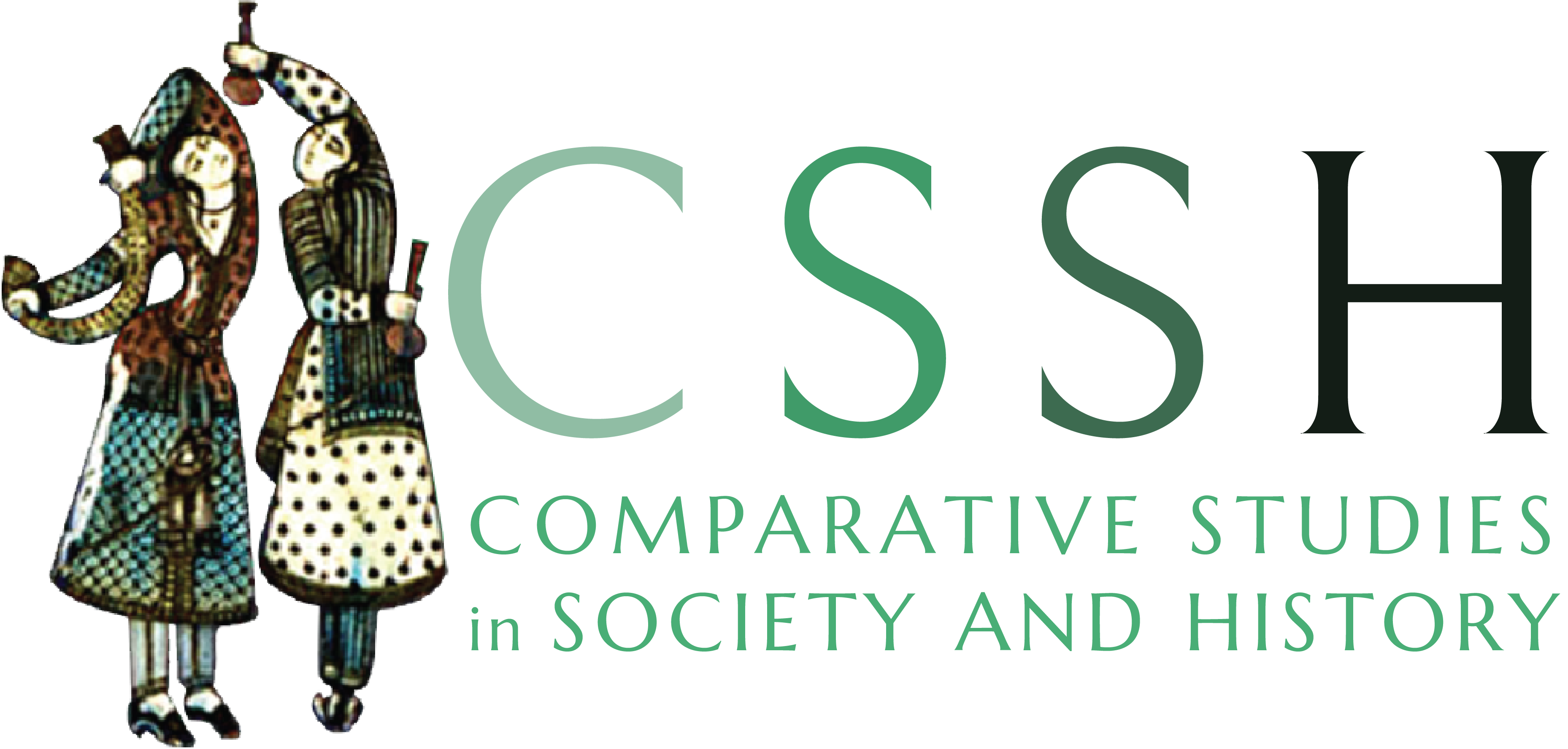CSSH congratulates Miles Larmer (“Nation-Making at the Border: Zambian Diplomacy in the Democratic Republic of Congo” (CSSH 61-1, 2019)) for the publication of his new book, Living for the City: Social Change and Knowledge Production in the Central African Copperbelt (Cambridge University Press 2021). Cambridge University Press writes of the book:
Living for the City is a social history of the Central African Copperbelt, considered as a single region encompassing the neighbouring mining regions of Zambia and the Democratic Republic of Congo. The Haut Katanga and Zambian Copperbelt mine towns have been understood as the vanguard of urban ‘modernity’ in Africa. Observers found in these towns new African communities that were experiencing what they wrongly understood as a transition from rural ‘traditional’ society – stable, superstitious and agricultural – to an urban existence characterised by industrial work discipline, the money economy and conspicuous consumption, Christianity, and nuclear families headed by male breadwinners supported by domesticated housewives. Miles Larmer challenges this representation of Copperbelt society, presenting an original analysis which integrates the region’s social history with the production of knowledge about it, shaped by both changing political and intellectual contexts and by Copperbelt communities themselves.
CSSH is also excited to recognize the latest publication of Jon Piccini (“A Fundamental Human Right”? Mixed-Race Marriage and the Meaning of Rights in the Postwar British Commonwealth” (CSSH 63-3, 2021, with Duncan Money)). The new book, Human Rights in Twentieth-Century Australia (Cambridge University Press, 2021) is described thusly:
This groundbreaking study understands the ‘long history’ of human rights in Australia from the moment of their supposed invention in the 1940s to official incorporation into the Australian government bureaucracy in the 1980s. To do so, a wide cast of individuals, institutions and publics from across the political spectrum are surveyed, who translated global ideas into local settings and made meaning of a foreign discourse to suit local concerns and predilections. These individuals created new organisations to spread the message of human rights or found older institutions amenable to their newfound concerns, adopting rights language with a mixture of enthusiasm and opportunism. Governments, on the other hand, engaged with or ignored human rights as its shifting meanings, international currency and domestic reception ebbed and flowed. Finally, individuals understood and (re)translated human rights ideas throughout this period: writing letters, books or poems and sympathising in new, global ways.


